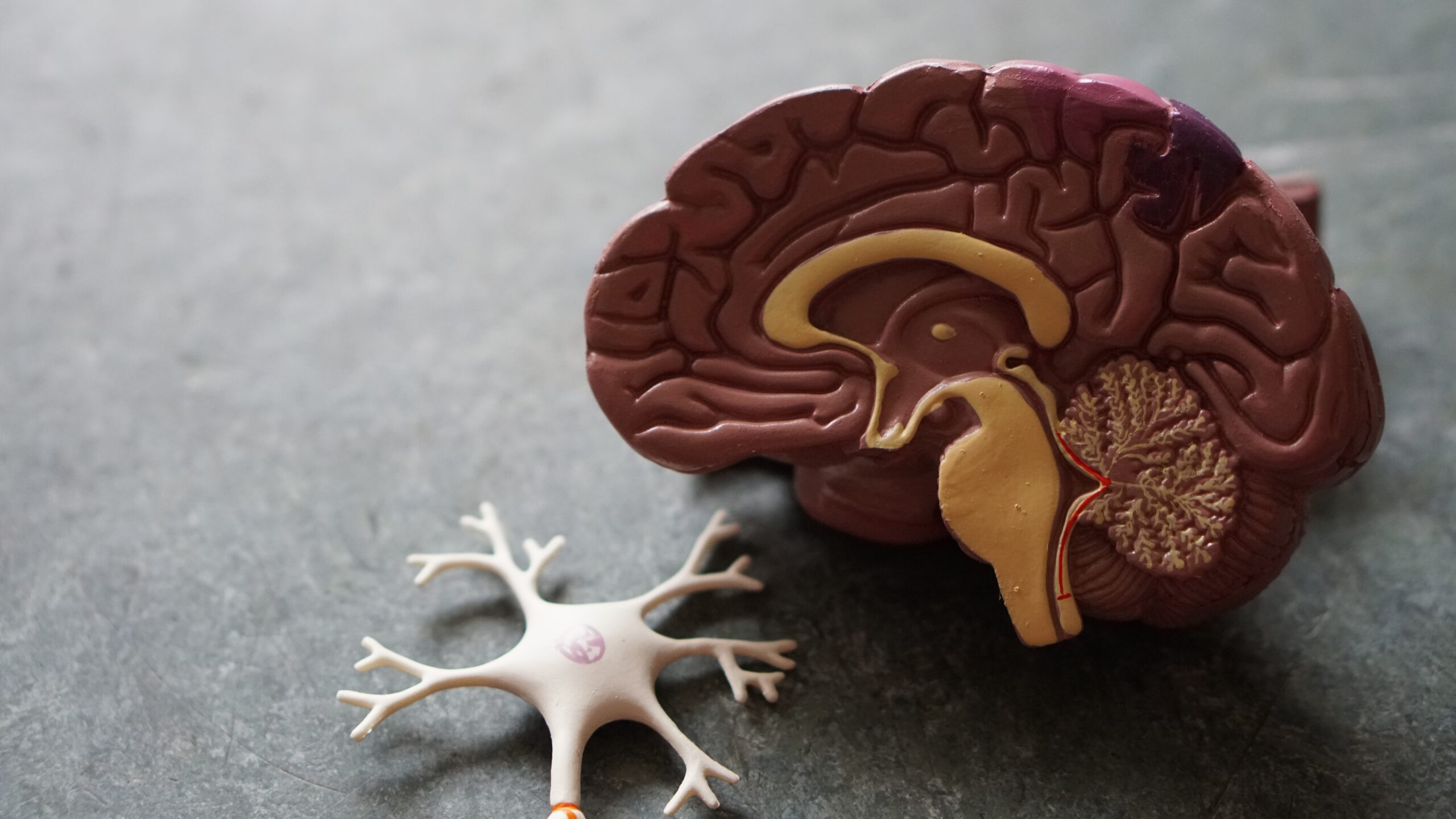Hidden Truths About Dementia – What You Didn’t Know

Dementia is a complex and often misunderstood condition that affects millions of people worldwide. While most of us have a general idea of what dementia entails, there are many hidden truths about this condition that often go unnoticed. In this article, we will explore some of these hidden truths and shed light on what you may not know about dementia.
1. Dementia is Not a Normal Part of Aging
Contrary to popular belief, dementia is not a normal part of the aging process. While the risk of developing dementia increases with age, it is not an inevitable consequence of getting older. Many older adults maintain their cognitive abilities well into their golden years. Dementia is a medical condition that should be treated and managed, just like any other illness.
It is important to recognize the early signs of dementia, such as memory loss, confusion, and difficulty with daily tasks, and seek medical attention if you or a loved one experiences these symptoms.
2. Dementia is More Than Just Memory Loss
While memory loss is one of the most well-known symptoms of dementia, it is not the only one. Dementia can also affect a person’s ability to communicate, reason, and make decisions. It can impact their personality and behavior, causing mood swings, aggression, and agitation. Understanding the full range of symptoms associated with dementia is crucial for providing appropriate care and support.
Additionally, dementia can have physical effects on the body, such as muscle weakness and difficulty with coordination. This can further impact a person’s ability to perform daily activities independently.
3. There are Different Types of Dementia
Dementia is not a single condition but rather an umbrella term for a group of diseases that affect the brain. Alzheimer’s disease is the most common form of dementia, accounting for approximately 60-80% of cases. However, there are other types of dementia, including vascular dementia, Lewy body dementia, and frontotemporal dementia, each with its own unique characteristics and progression.
Understanding the specific type of dementia a person has is essential for providing tailored care and treatment. Different types of dementia may require different medications, therapies, and management strategies.
4. Dementia Can Affect Younger Adults
While dementia is commonly associated with older adults, it can also affect younger individuals. Early-onset dementia, which occurs before the age of 65, can have a significant impact on a person’s life and career. Younger adults with dementia often face unique challenges, including difficulties with diagnosis and accessing appropriate support services.
Raising awareness about early-onset dementia is crucial to ensure that younger individuals receive the care and understanding they need.
5. Dementia is Not Just a Memory Problem
Dementia is often mistakenly believed to be solely a memory problem. However, it is a complex condition that affects multiple cognitive functions. In addition to memory loss, dementia can impact language skills, attention span, and problem-solving abilities. It can also cause difficulties with spatial awareness and visual perception.
Recognizing the diverse range of cognitive impairments associated with dementia is essential for providing appropriate support and accommodations.
6. Dementia Care Requires a Multidisciplinary Approach
Caring for someone with dementia involves more than just medical treatment. It requires a multidisciplinary approach that encompasses various professionals, including doctors, nurses, psychologists, occupational therapists, and social workers. Each member of the care team plays a vital role in addressing the physical, emotional, and social needs of individuals with dementia.
Furthermore, involving family members and caregivers in the care plan is crucial for providing a supportive and nurturing environment for individuals with dementia.
7. Dementia is Costly
Dementia not only takes a toll on individuals and their families emotionally but also financially. The cost of dementia care can be substantial, including medical expenses, long-term care services, and lost income due to caregiving responsibilities. As the prevalence of dementia continues to rise, so does the economic burden associated with the condition.
Raising awareness about the financial impact of dementia is essential for advocating for increased funding for research, support services, and caregiver resources.
Conclusion
Dementia is a complex condition with many hidden truths that are often overlooked. By understanding these hidden truths, we can better support individuals with dementia and their families. It is crucial to dispel misconceptions and promote awareness about dementia to ensure that those affected receive the care and understanding they deserve.
Remember, dementia is not just a memory problem, and it is not a normal part of aging. By educating ourselves and others about the realities of dementia, we can create a more compassionate and inclusive society for everyone.




